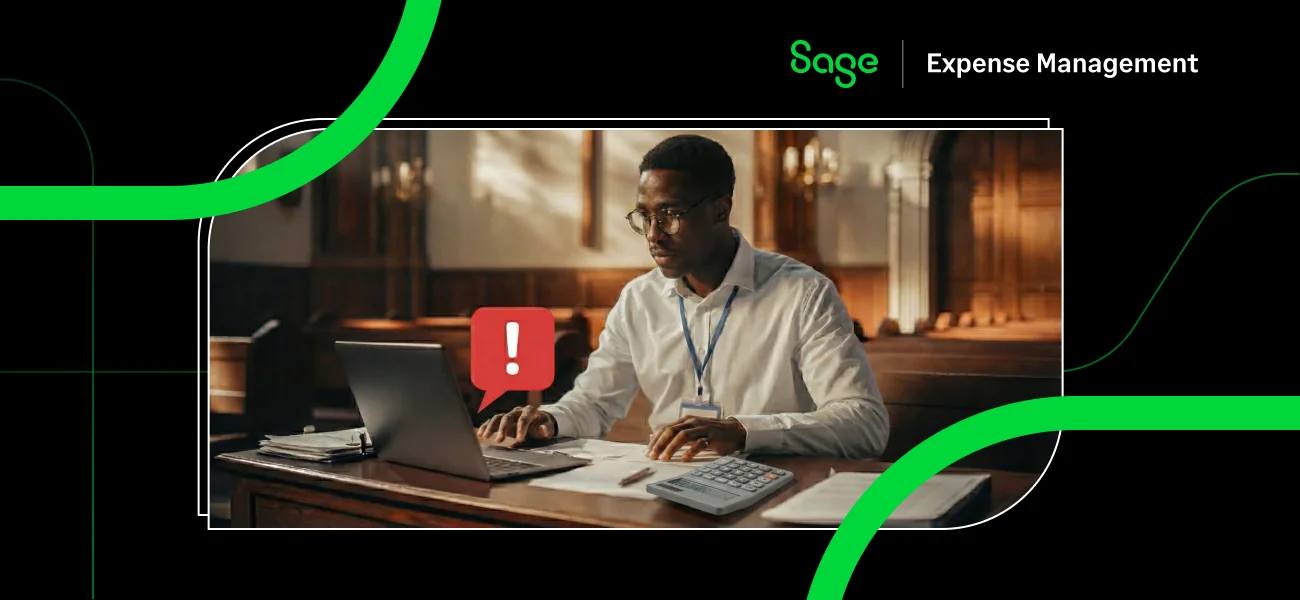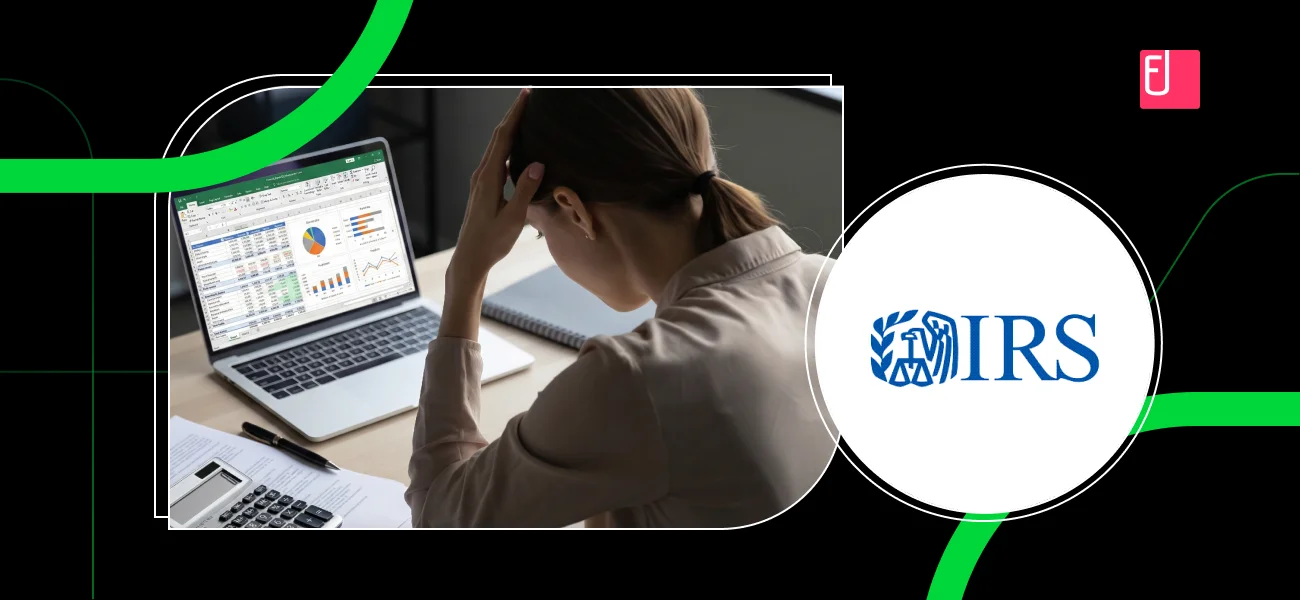Blog Home
Get a DemoExplore by Category
Approval Workflow AutomationCorporate Card ReconciliationEmployee ExperienceEmployee ReimbursementsEmployee-friendly Expense ReportingExpense Management AutomationExpense Management Software EvaluationExpense PolicyFinancial ProductivityPartnershipsPre-spend ApprovalsTravel Expense ManagementReceipt ComplianceFyleFyle vs ExpensifyQuickbooks IntegrationGuest Posts






















